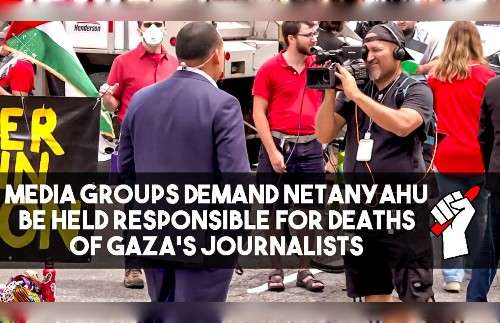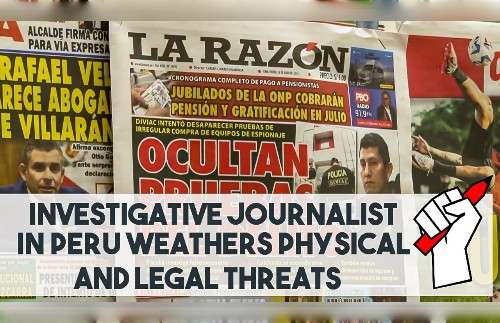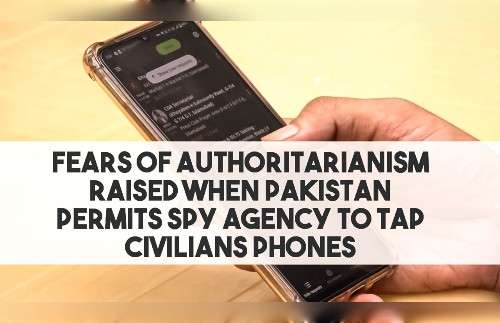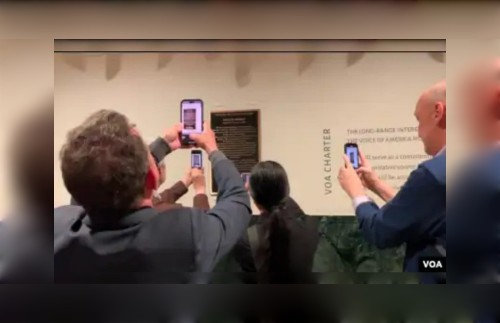
The two journalists carried out a report within an underprivileged community of North India touched by the famine following the confinement of the country. Reporters Without Borders (RSF) denounces the local authorities’ attempt to censor the information they have published.
The coronavirus crisis can have unexpected consequences and reveal cruel realities. Journalist Vijay Vineet experienced this when he wanted to cover the effects of the total confinement of India, decreed on March 24, on the most fragile sections of the population. Reporter for the Hindiphone daily Jansandesh Times , he went to investigate, the day after this decision, in a village in the district of in the north of the country, populated by 17 families from the Musahar tribal minority, traditionally assimilatedto the caste of untouchables.
In particular, he discovered hungry children forced to eat grass for livestock because their parents, confined, cannot work and no longer earn enough daily wages to support their families.
In the aftermath of the article, with photo support, the district mayor, Kaushal Raj Sharma, challenged the truthfulness of the information and charged Vijay Vineet, as well as its editor, Subhash Rai , with disseminate “false information in a sensitive period “ . Describing the article as a “dangerous attempt” to discredit it, the councilor filed a formal notice, threatening to file a complaint if a corrigendum was not published.
Fear of prosecution
Contacted by RSF, Vijay Vineet said that he would not modify his article in any case, even if he feared legal proceedings. “I have worked on the problems of poverty and famine all my life ,” specifies the journalist, with 35 years of experience. It is the first time that a government has filed a formal notice against me for my work. ”
“It is unacceptable that journalists are worried about having the courage to bring to light the realities of the effects of confinement on the layers more déshérit ed , says Daniel Bastard, head of Asia-Pacific office RSF. We call on the authorities of the Benares district to immediately drop the abusive accusations against Vijay Vineet and Subhash Rai. Journalists must be able to work all the more freely as Indian citizens are going through a ‘sensitive period’. ”
Indian reporters who cover issues related to poverty are regularly prosecuted. As reported by RSF last year , in the same province of Uttar Pradesh, another Jansandesh Times reporter , Pawan Jaiswal , had been charged with “criminal conspiracy” and defamation for having broadcast a video report on a school that did not served his schoolchildren for lunch, nothing but bread and salt.
India is 140th out of 180 in RSF’s 2019 World Press Freedom Index
Copyright ©2016, Reporters Without Borders. Used with the permission of Reporters Without Borders(RSF), CS 90247 75083 Paris Cedex 02 https://rsf.org
Escaping from Scam Center on Cambodia’s Bokor Mountain
UN Security Council Meets to Discuss Children and Armed Conflict
10 Shocking Revelations from Bangladesh Commission’s Report About Ex-PM Hasina-Linked Forced Disappearances
Migration Dynamics Shifting Due to New US Administration New Regional Laws
UN Security Council Meets to Discuss the Maintenance of International Peace and Security and Artificial Intelligence
Winter Brings New Challenges for Residents living in Ukraine’s Donetsk Region
Permanent Representative of Israel Briefs Press at UN Headquarters
Hospitals Overwhelmed in Vanuatu as Death and Damage Toll Mounts from Quake
Subscribe Our You Tube Channel
Fighting Fake News
Fighting Lies


















